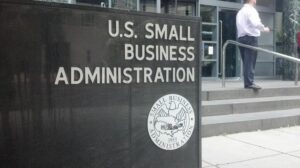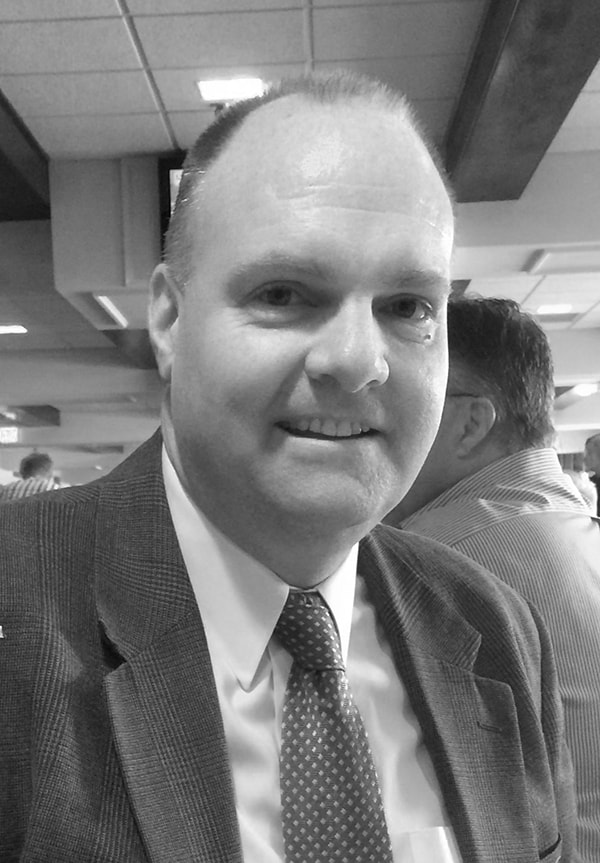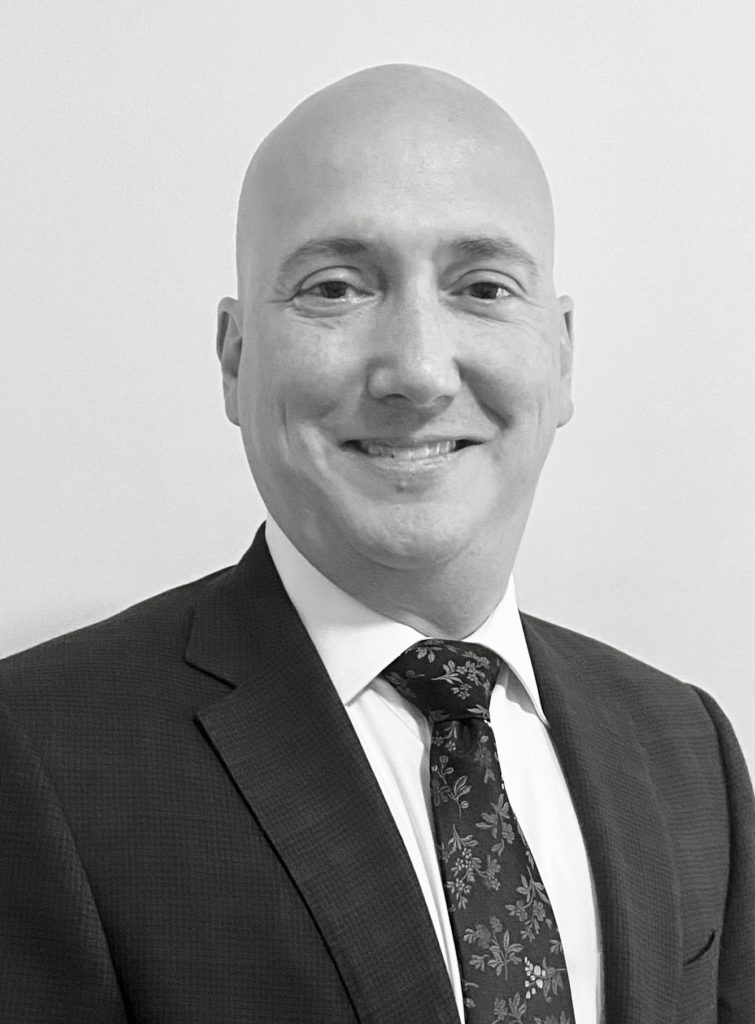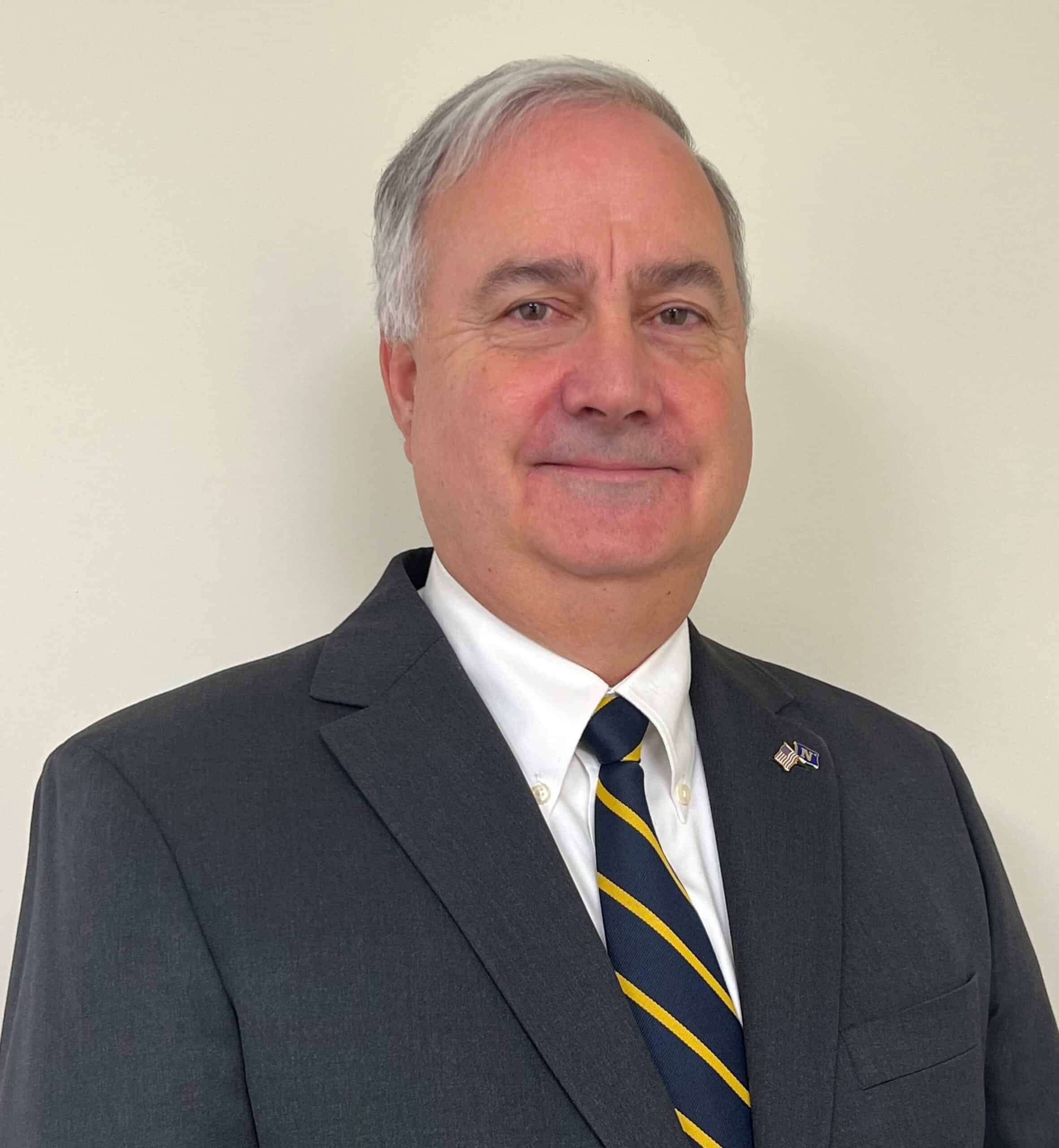What is a HUBZone Certified Company?
“GSE is an SBA HUBZone certified small business” are the first few words typically used to describe Global Systems Engineering (GSE). But, what does that mean?
In 1997, the Small Business Reauthorization Act ratified the HUBZone program into law which was then implemented by the Small Business Administration (SBA). The SBA continues to regulate many contracting assistance programs to help small businesses win federal contracts, including the HUBZone program. A Historically Underutilized Business Zone (HUBZone) is a distressed community that typically has a low median household income and/or a high unemployment rate.
As of right now, HUBZone small businesses are required to locate their principle office in a HUBZone, be a small business, and be at least 51% owned by U.S. citizens. 

By locating their headquarters in a HUBZone, businesses are creating a more sustainable community by reinvesting in their neighborhoods, in turn, spurring economic growth. Syntelligent Analytic Solutions is a HUBZone company from Page County, Virginia that was certified in 2012 with 13 employees. As of 2017, the company had employed 70 individuals, created 27 new jobs in the HUBZone, and spent close to $500,000 in their community annually. That’s just one example of a successful HUBZone company and the positive impact that it has on the local community. Although change doesn’t happen overnight, HUBZone companies are contributing to improving their neighborhood’s economy in the long run.
Another requirement for the HUBZone program is to have at least 35% of employees live in a HUBZone. This creates jobs and increases employment in areas that may have a high unemployment rate. GSE has optimized this opportunity by reaching out to college students that live in HUBZones and offering them paid internships that can be worked remotely. This provides jobs for college students in need of employment as well as exposure to a positive work environment, which opens many doors post-graduation. By participating in this program, GSE is not only supporting the Alexandria area that is local to headquarters but is also supporting various HUBZones in numerous states.
GSE values giving back to your community. Our status as a HUBZone company is just one way that GSE showcases our dedication to bettering the areas we live in. We are currently exploring different ways we can further our efforts to include implementing a corporate social responsibility program.
Our status also provides us with unique access to federal contracting mechanisms and preferential treatment allotted specifically for our socio-economic class.
The federal government provides preferential treatment to small businesses to help level the playing field between small and large businesses. One way they achieve this is by awarding various percentages of prime contracting dollars to different categories of small businesses. The government set a goal to award 3% of all federal prime contracting dollars to HUBZone certified small businesses. Another way the government provides assistance is by limiting competition using set-aside contracts that are specifically for small businesses. In contract competitions that are full and open, HUBZone businesses are given a 10% price evaluation preference.
The government set a goal to award 3% of all federal prime contracting dollars to HUBZone certified small businesses. Another way the government provides assistance is by limiting competition using set-aside contracts that are specifically for small businesses. In contract competitions that are full and open, HUBZone businesses are given a 10% price evaluation preference.
In order to maintain HUBZone status, businesses are required to re-certify for the program (currently every 3 years). A business could re-certify for 100+ years and still maintain status because there is no limit as long as the business continues to qualify. However, the SBA must be notified if there is a change in ownership, business structure, principal office, or if the 35% employee residency requirement is not met.
Global Systems Engineering is proud to be an SBA certified HUBZone small business. Hopefully, with this article clarifying what that means, the words that are used to describe GSE hold significant meaning and provide some incite as to what the company culture of GSE is like.






